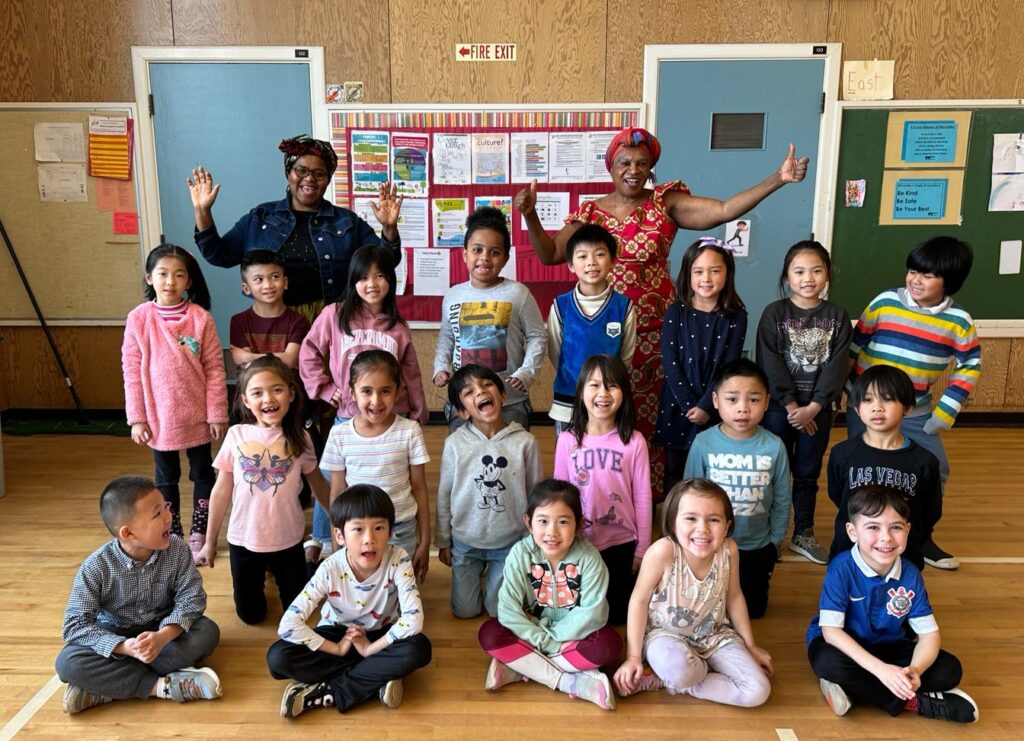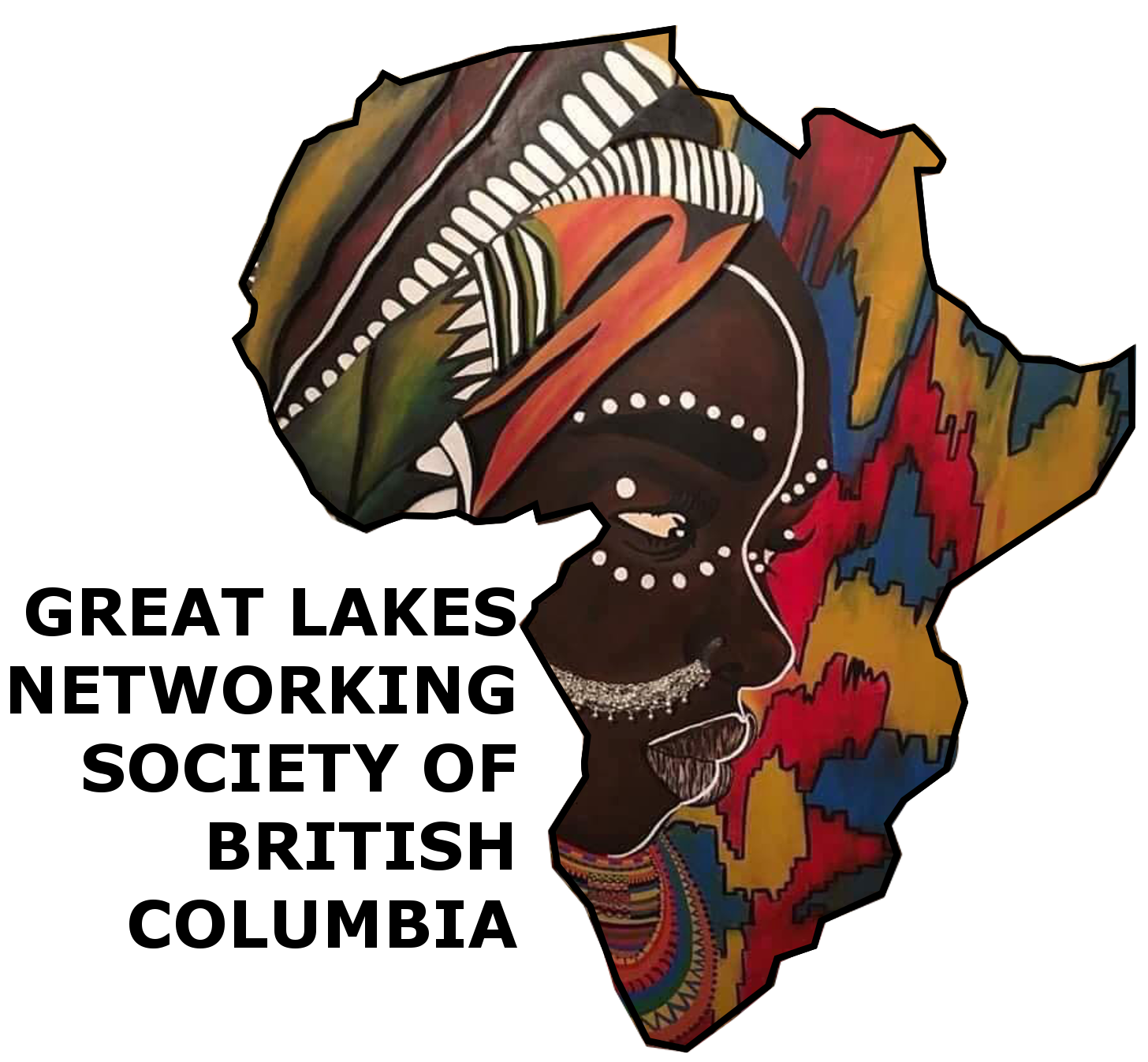We seek to support victims and survivors of hate crimes in BC
We seek to support victims and survivors of hate crimes in BC
Let's talk about racism!
Let's talk about racism!
Working with partners to create opportunities, while building coalitions.
In March 2022, our first dialogue on hate with community partners to mark the Day of Remembrance, addressing how slavery’s legacy impacts us Blacks’ interactions with political, economic, and health systems
We seek to improve and expand our programs so that our underserved communities have access to mental health services such as care, treatment, culturally appropriate therapy applied in Arts based technics.
Systemic Racial Barriers
We educate communities to reduce barriers to inclusion by addressing systemic racism in education, healthcare, the justice system, public services, employment, and public life.
Research and Education
This will help promote, and increase the availability and accessibility of data, evidence, and community insights on race relations in Canada.
Public
Awareness
To help inform public policies by highlighting systemic and institutional barriers.
Cultural and Intercultural Community Building
To Create cross-cultural opportunities through discussions and dialogue on race, and religion, create awareness, and build collaborations.
Our projects are designed to achieve the following results
As a hub for education and dialogue, we are committed to leading efforts in anti-racism, equity, community inclusion, and social justice.
Increase public awareness of public policy issues related to race relations, anti-racism, or anti-hate locally in communities; Regionally, Nationally, and globally
Increase public awareness of Canada’s cultural diversity
Education and dialogue to Increase awareness on race, culture, ethnicity, or religion that may be hindering full participation of the entire Canadian population in society and the economy
Increase knowledge and capacity within communities to address racism and discrimination.
Moving from intention to action.
EQUITY
INCLUSION
DIVERSITY

Advancing anti-racism, Truth, and Reconciliation has always been essential. Recent events across Canada, the death of George Floyd in USA, and COVID”19 highlight that hate and racism are still present today, not just in the past. We are dedicated to eradicating racism from our future. Building an inclusive environment where everyone—especially seniors and young people—feels safe and valued starts with personal awareness, continues with mindful learning, and is reinforced through intentional actions.
Leading inclusive cultures requires an inside-out approach. It begins with understanding our own leadership roles to foster inclusive environments. True change involves recognizing inequality, addressing our own biases and privileges, and sharing power and opportunities with marginalized individuals. We must incorporate commitment, humility, courage, and curiosity into our leadership and organizational practices.
We must critically examine how systems are designed and identify who benefits most from them. We then, need to re-design these systems with inclusive practices and Equity being central to all our efforts, with diversity and inclusion serving as pathways to achieve it.
Being an ally in communities involves more than good intentions; it requires an ongoing commitment to build relationships and bridges grounded in trust and consistency. We must invest time, effort, and resources into our work, and recognize the value of authentic relationships, traditional knowledge, and lived experiences. We should as well ensure that those sharing their knowledge are fairly compensated. We should at the same time hold ourselves accountable by setting benchmarks, measuring progress, and reporting on our outcomes.

Great Lakes Society’s strategic plan, we acknowledge promoting diversity of voices and perspectives enriches our community programs, teaching, research, innovation and creativity. To honour this rich diversity of our community, we proactively should keep, preventing, and removing barriers, like systemic Racism, and discrimination for all to achieve their full potential. Our organization is actively involved and participates in educating the community and the public about the inequalities and injustices that continue to pervade our society.

The B.C. Government is committed to tackling systemic racism in public sector policies, programs, and services. Data is needed to better understand how Government policies, programs and services have an impact on Indigenous, People of African descent and other racialized communities. This group of people has advocated for race-based data collection in support of this goal. Government will introduce legislation next year on race-based data collection, which is about better identifying where gaps and barriers exist for the same group of people, so Government can provide better services and ensure that services are delivered equitably
Leading inclusive cultures is an inside out process, it starts with our understanding of our own personal leadership to ensure the environments we inhabit are inclusive of everyone. Change starts with acknowledging inequality, learning about our bias and privilege, and sharing power and opportunity with people who have been marginalized. We need to look at how we can centre commitment, humility, courage or curiosity in our leadership and organizational process. We need to think critically about how systems have been designed, and who they benefit most. Then re-design them with inclusive practices. Equity is the outcome and should be central to everything we do. Diversity and Inclusion are both mechanisms that lead to equity. Building trust through transparent data practices is crucial. When we openly share how we collect, use, and address data, this fosters accountability and shows commitment to real change. This transparency helps mitigate mistrust from the community and encourages more engagement and cooperation. Utilizing data effectively, helps educate the public on ongoing inequalities and injustices, particularly those affecting Indigenous, Black, and other racialized communities. The data provides a foundation for confronting the legacy of colonialism and advancing social justice. It also supports creating an inclusive environment where everyone, including seniors and young people, feels safe and valued. This process starts with personal awareness, continues with mindful learning, and is reinforced through intentional actions. Thus, leveraging data not only enhances the organization’s credibility but also strengthens its role in driving meaningful social change
